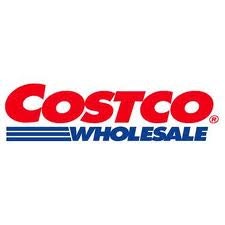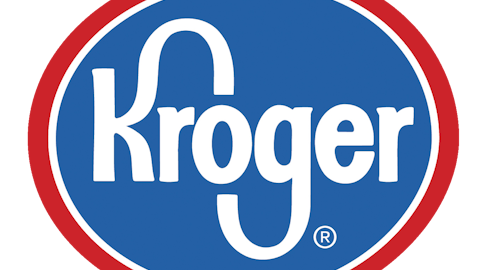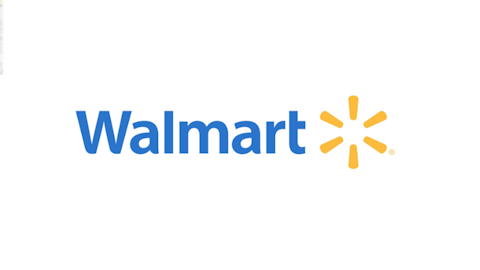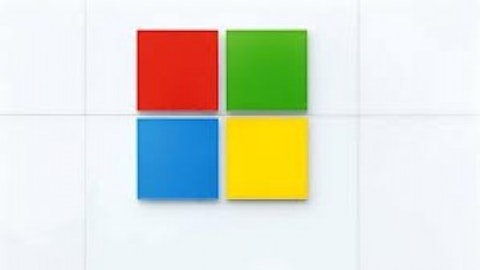
The power of predictability
Famed investor and CEO of Berkshire Hathaway Inc. (NYSE:BRK.A), Warren Buffett, has talked about the value of predictable revenue and income for decades. One only has to look at the assortment of subsidiaries under the Berkshire Hathaway Inc. (NYSE:BRK.A) umbrella to see this in action. Whether it’s utilities like Mid-American Energy, the massive insurance (GEICO) and re-insurance (General Re) premiums, or stock holdings in Wells Fargo & Co (NYSE:WFC), and its rock-solid traditional banking business, all of these businesses had a long history of generating consistent cash flow and repeating the performance every year, before Buffett ever made a single investment in them.
Costco Wholesale Corporation (NASDAQ:COST) offers this exact same value to shareholders like you and me. It has consistently retained members at a rate well over 80% internationally, with domestic membership rates of over 90% based on the most recent quarter. Add in that it is still growing same-store sales at around 6% on top of plenty of room to expand its footprint, and you should see why I am a fan.
But where’s the profits? Keep the long view!
COST Operating Margin TTM data by YCharts
Compared to Wal-Mart Stores, Inc. (NYSE:WMT), Costco Wholesale Corporation (NASDAQ:COST)’s operating margins are nearly half. And while Amazon.com, Inc. (NASDAQ:AMZN) is showing negative margins, it’s important to remember that its pouring cash flow back into the business as it expands its distribution footprint to meet demand, and moves into new markets like grocery delivery and same-day delivery.
On the other hand, Costco Wholesale Corporation (NASDAQ:COST)’s operating income is a result of its relentless focus on keeping its promise to members to pass savings along to them. The vast majority of its income is produced by those membership fees. And I think it’s fair to say that the renewal rates make it clear that members see the value. Over time, the only way operating margins will increase is for each store’s membership base to keep growing. And as the economy improves, this is a likely trend.
It’s also worthwhile to put Berkshire Hathaway Inc. (NYSE:BRK.A) itself in this conversation. Here’s a list of popular consumer brands, all owned by Berkshire Hathaway:
HH Brown, maker of shoe brands like Dexter, Double-H boots, and a cadre of professional and specialized footwear
Brooks running shoes
Justin Brands, which includes Justin, Tony Lama, and Nocona boots; some of the most popular work and western footwear
Fruit of the Loom, which includes the Russel Athletic and Vanity Fair brands
I’d even include Dairy Queen and See’s Candies in this mix
While not itself a retailer, its exposure to the consumer market through multiple recognized brands, tied to the fact that these products (except Dairy Queen, for good reason) can all be found through both bricks-and-mortar retailers and online, makes for a compelling argument. Again, the key is its diversity, as Berkshire’s exposure extends far beyond just the consumer brands above, available at retail. Add in that it consistently produces operating margins between 10% and 15%, and uses those earnings to add to its stable of cash-producing subsidiaries, and there’s a lot to like.
Foolish bottom line: The price of perfection
Is Costco Wholesale Corporation (NASDAQ:COST) the perfect retail investment? There’s no such thing, really, but it’s pretty close if you ask me. If there was one perfect stock, I’d have to say it’s Berkshire Hathaway. It’s no retail giant, but many of its subsidiaries are popular consumer brands, like Fruit of the Loom, Brooks shoes, and See’s Candies to name a few. Factor in its amazing cash-generating capacity in multiple industries, and it would easily be the one stock to own, if I could only own one.
Wal-Mart Stores, Inc. (NYSE:WMT), however, is still the undisputed king of retail, with annual revenues 2.7 times larger than those of Costco and Amazon.com, Inc. (NASDAQ:AMZN) combined. With that said, there’s only so much room the behemoth can grow, so look for share buybacks to be a significant contributor to EPS growth going forward, and count on seeing the dividend consistently increased in the years ahead, to be the main sources of returns.
But if you’re looking for the kind of future return today that you’d have gotten if you’d bought Wal-Mart Stores, Inc. (NYSE:WMT) in 1985, I would put my money on Costco Wholesale Corporation (NASDAQ:COST). Its predictability, consistent earnings power, even as it continues to grow, offer strong protection to your portfolio. And while I own shares of Amazon, and am also bullish on its future potential, there is clearly much more risk. We won’t know for years, exactly how much of its future growth is already price in to today’s share price. Both Costco and Amazon carry premium valuations, but high quality comes at a premium.
The article Is Costco the Perfect Retail Investment? originally appeared on Fool.com and is written by Jason Hall.
Jason Hall owns shares of Berkshire Hathaway, Amazon.com, and Costco Wholesale (NASDAQ:COST). The Motley Fool recommends Amazon.com, Berkshire Hathaway, and Costco Wholesale. The Motley Fool owns shares of Amazon.com, Berkshire Hathaway, and Costco Wholesale. Jason is a member of The Motley Fool Blog Network — entries represent the personal opinion of the blogger and are not formally edited
Copyright © 1995 – 2013 The Motley Fool, LLC. All rights reserved. The Motley Fool has a disclosure policy.






